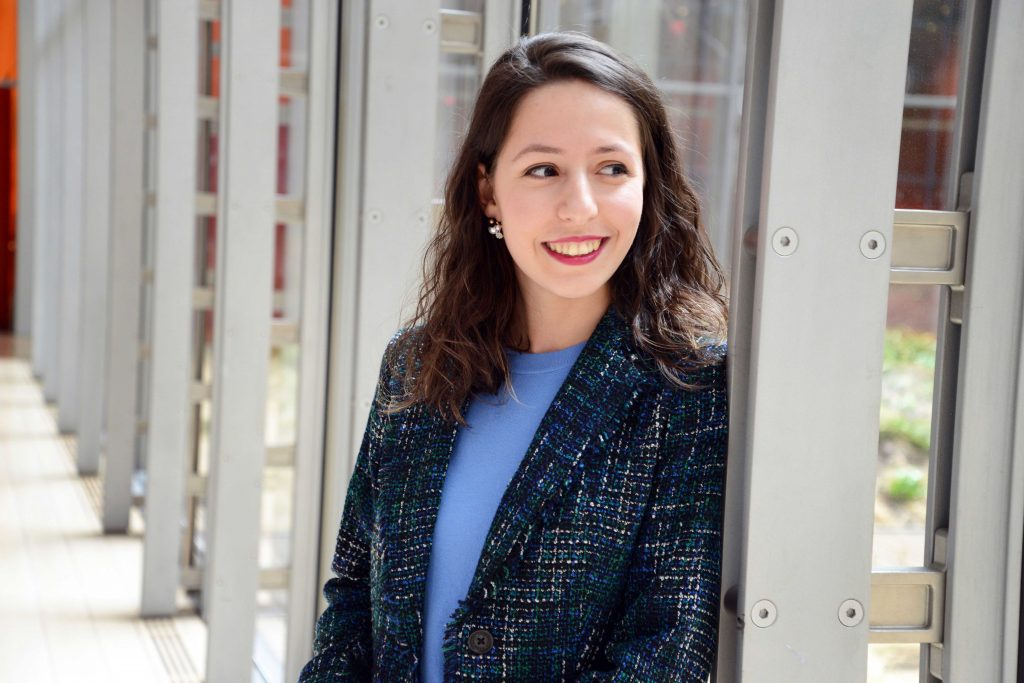I moved to New York City from Bucharest in 2014, when I enrolled at Fordham. At the beginning of my first year, I felt as though the cultural divide would be too great for me to overcome. But then, after I joined the student newspaper, a friend suggested that I write about my experiences as an international student who was new to the United States.
It was the first time it dawned on me that my being foreign could be an advantage, that I could bring something to the table that no one else could. I wasn’t less qualified because English wasn’t my native tongue, I was simply better qualified to tell different stories. That piece became an honest account of how hard it was being away from home, yet how thrilling it was to discover New York on my own. I was sharing my experience with my peers, each of whom could relate to it in one way or another.
It was an accomplishment achieved in no small part thanks to the help of a certain editor, a fellow student one year ahead of me. She acknowledged my hardship and homesickness. It turned out that I reminded her of her mother, an immigrant who had once upon a time moved to the U.S. from Italy, when she was about the same age I was. Until that day, I never thought I could feel such empathy from someone from New Jersey. Yet there we were—she having moved to Manhattan from across the Hudson River and I having flown across the Atlantic—sharing a table in our school’s cafeteria, both trying to figure out how to survive college. She is still one of my closest friends.
Living in diaspora is difficult, but powerful. It teaches resilience and courage. Having moved here makes me feel that no other challenge I might face in the future will be as daunting—and that’s a powerful feeling, to know the reaches of one’s bravery.
My younger brother is currently taking his SATs in Bucharest and will be applying to American colleges himself soon.* When he starts packing his bags, here are the tips I’ll give him to help ease his adjustment:- Give yourself time to process the huge transition you are going through. It’s a big change and you’ll be out of your comfort zone, feeling thrilled and exhausted at the same time. Homesickness will come head to head with the desire to discover your new surroundings, but as time goes on, you will start to feel at home on campus and embrace the adventure.
- Once you’re more acclimated, use your time wisely. Join clubs, go to campus parties, and take advantage of your professors’ office hours. Develop your skills and your relationships in your new community; both will help in the long run.
- Play to your strengths and make light of your differences. Make fun of your home country’s customs and American customs alike. Humor can be a great tool in bridging the divide.
- Lean on people at school and back home; share what you’re going through. My mother knew everything I was up to on a daily basis, and it made me feel as though I was sharing the journey with her. My American friends were supportive when I was feeling homesick or struggling with classwork in English.
- Let yourself be amazed by what you’ve accomplished. Look back once in a while and be proud of having taken the harder, less-comfortable path. You have high goals for yourself and you are fighting for them. That is no small feat.
—Ana Fota is a 2018 alumna of Fordham College at Lincoln Center. After graduation, she worked as a news assistant at The New York Times. She is currently a social media manager and reporter for POLITICO Europe.


